Our Team
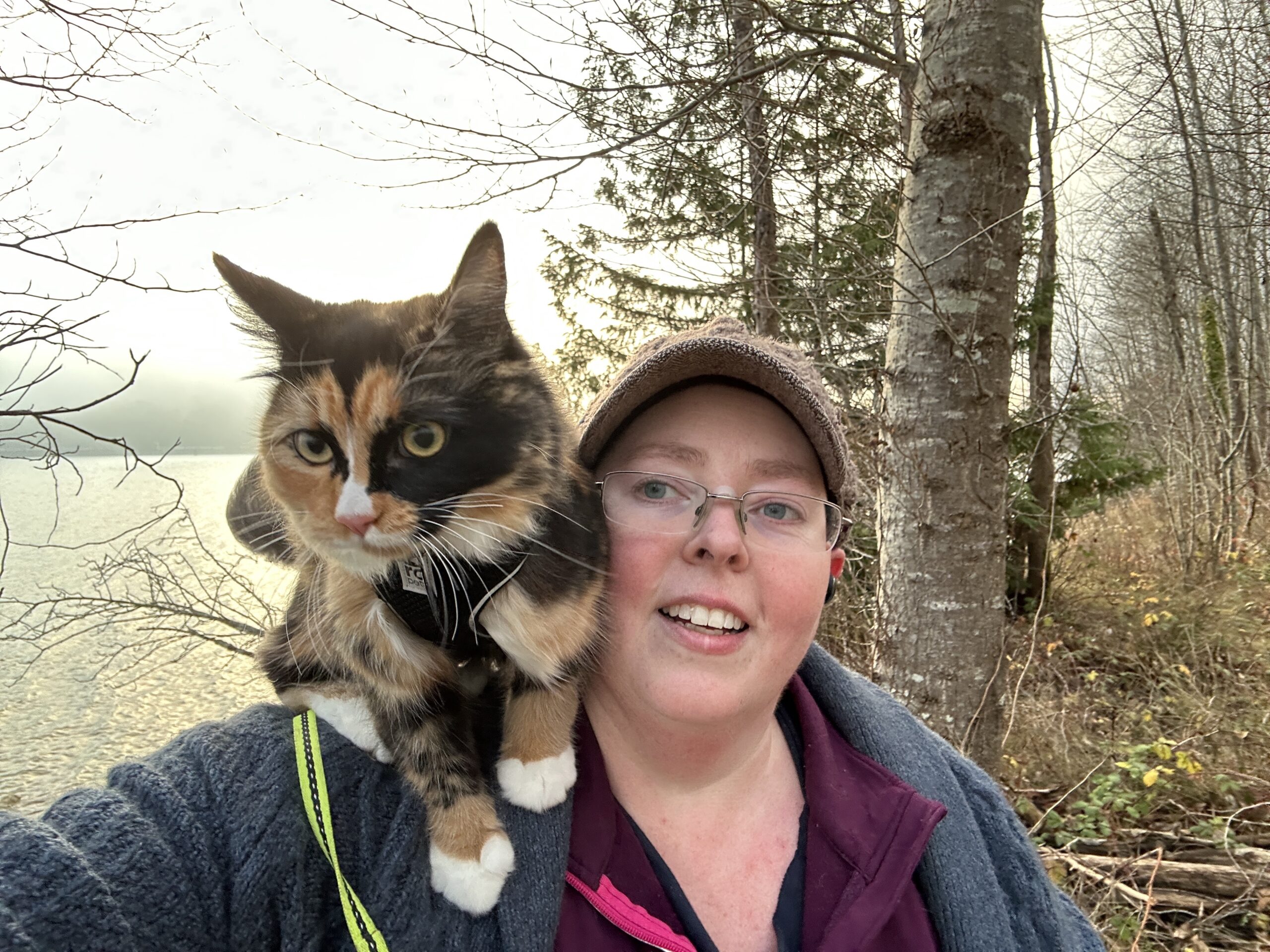
Heather McCain (they/them) is founder and Executive Director of Live Educate Transform Society (LETS), a non-profit they started in 2005.
Heather built LETS from a small grassroots organization to an organization that delivers workshops and adds their voice to projects and events across Turtle Island (colonially known as North America).
Heather’s own experiences as an asexual, disabled, neurodivergent, queer, trans person led them to become a well-known and respected advocate, educator, and speaker. Heather works to create equity, celebrate diversity, and educate about and implement accessibility.
Heather recognizes that those within the disability community have intersecting identities and they work hard to ensure a multitude of voices and experiences inform their work and the work of LET’S. Heather is committed to centering decolonialization, engaging in cross-movement organizing, and utilizing both an intersectional lens and disability justice framework.
Heather is proudest to be called a Crip Doula. This is a community given Disability Justice term for someone who helps disabled people navigate our complex systems, providing resources, support, and building community. This title was gifted by community members who have felt the positive effects of Heather’s work.

Zi Kei (they/them), LET’S workshop creator and educator, is queer genderqueer, and on the ace/aro spectrum. Zi is also autistic, neurodivergent, and disabled.
Zi was born and raised in Hong Kong, but currently resides as an uninvited guest on the unceded territories of the Coast Salish peoples, including the lands of the Squamish, Sto-lo, Tsleil-Waututh, and Musqueam nations. Zi spent several years working with LGBTQ+ communities, but their focus in recent years has predominantly been in mental health, neurodivergence, and access.
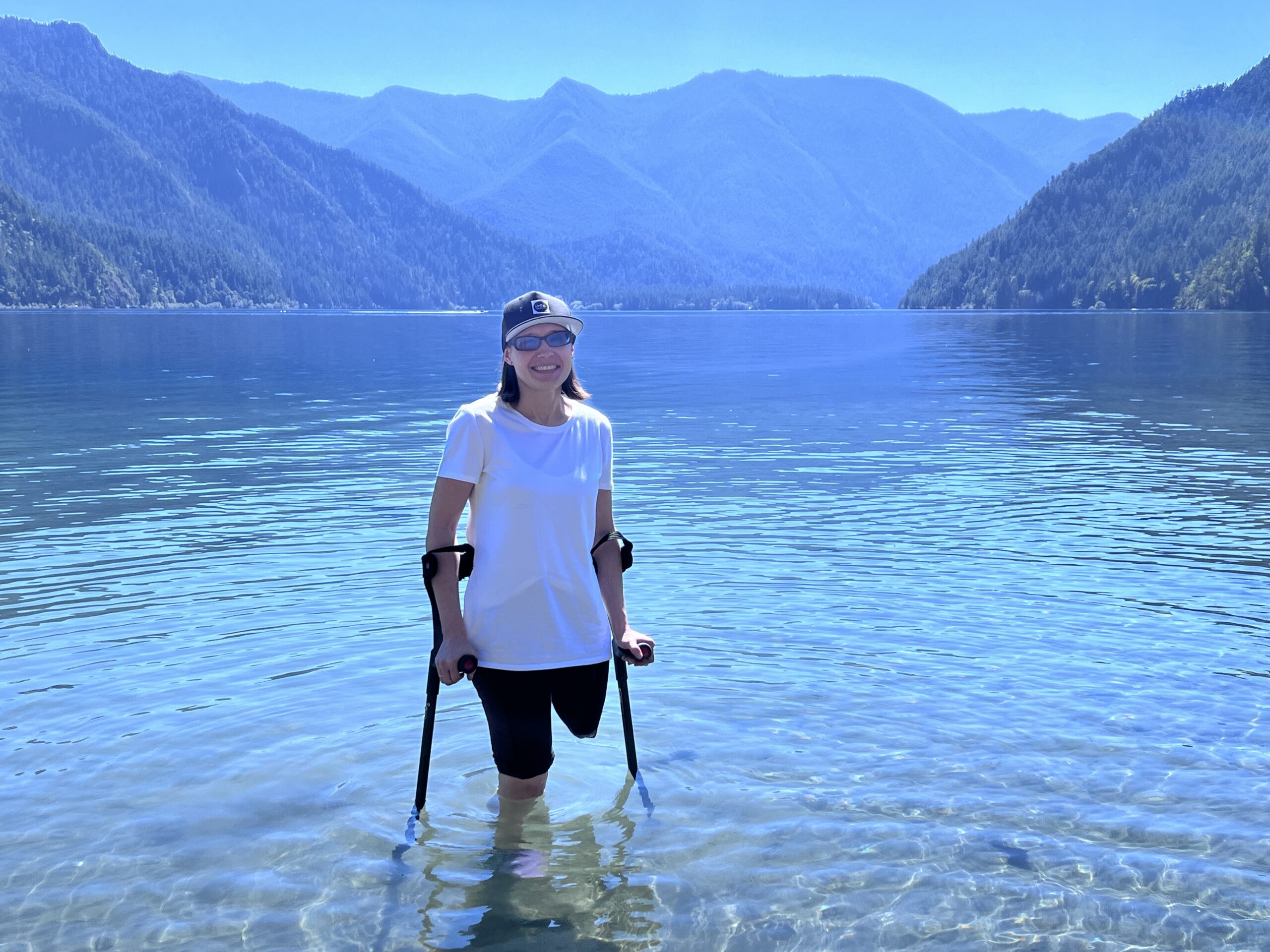
Alfiya Battalova (she/her) resides on the traditional lands of the Xwsepsum and Lekwungen ancestors and families in Victoria, BC. She is a researcher with a background in disability studies.
Recently, Alfiya worked with Bastion Marshall and Heather McCain for a research project with Realize (Ontario). Live Educate Transform Society was 1 of 12 national organizations that led focused consultations with community members who are 2SLGBTQIA+, with episodic disabilities, about their employment experiences. This resulted in a report from LET’S and an executive summary from Realize.
Alfiya conducts qualitative and quantitative research that focuses on health equity, access to postsecondary education, community engagement, and disability policies. Alfiya is also a Credentialed Evaluator with 7+ years of experience in performance measurement and evaluation. As a person with lived experience, Alfiya is committed to the principles of disability justice.
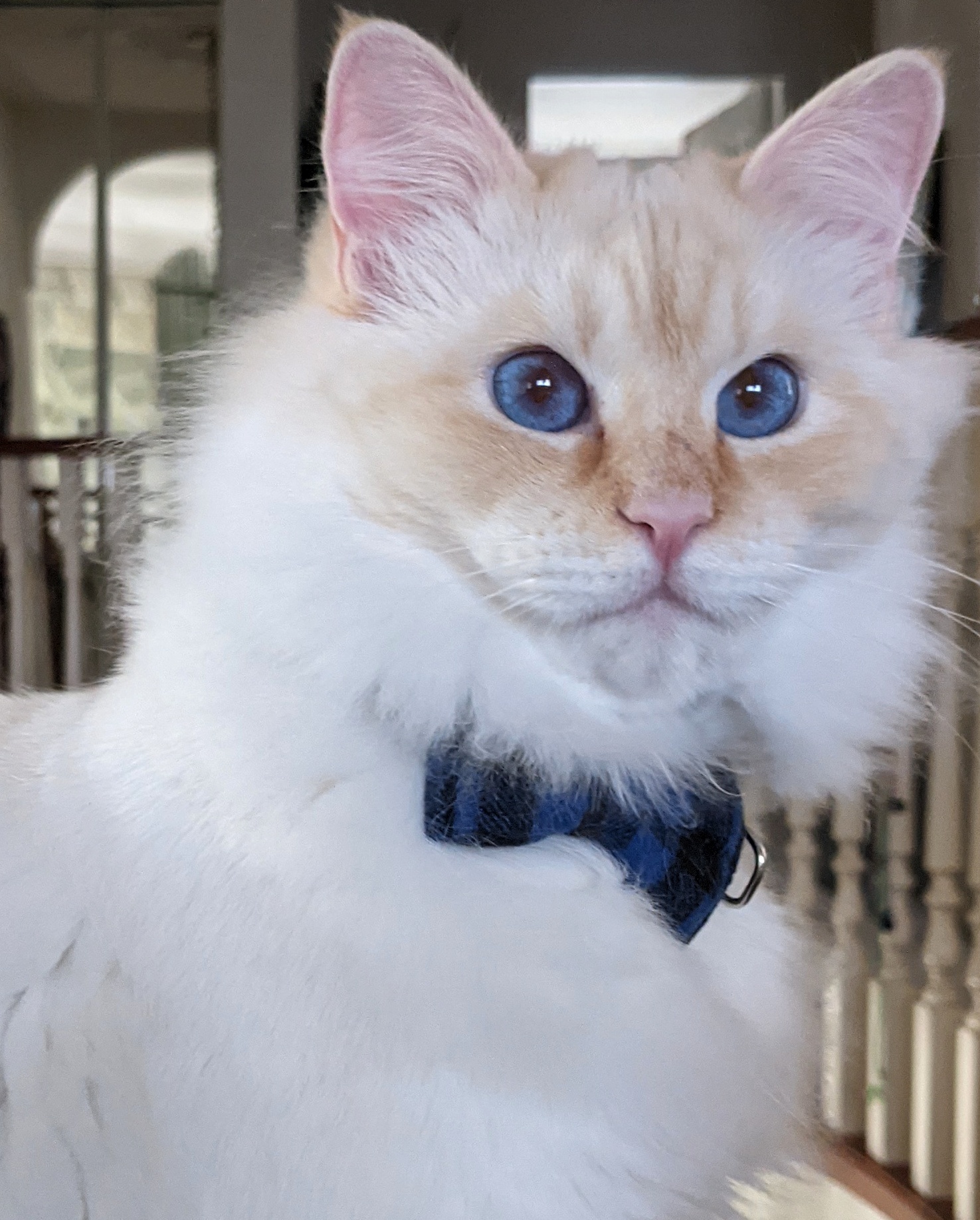
Bastion Marshall (they/them) is a disabled, queer, non-binary, neurospicy ‘Spoonie’.
They received Their degrees in Sociology and Germanic studies and have been working as a diversity consultant and researcher but are chronically underemployed due to the intermittent nature of their disabilities.
Bastion is passionate about social justice and does crisis volunteering for people who are 2SLGBTQIA+, neurodivergent, disabled, and/or dealing with chronic illness.
Never one to accept their fate, their decades long battle with chronic illness and disability has amassed them a wealth of knowledge and research that They endeavour to share with those in need. They are currently putting together a Chronic Illness Survival Guide, with the support of LET’S, to share their wisdom with those who need it. Bastion has consulted for film, video games, and creative writing on topics such as disability rights, intersectionality, and accessibility.
In addition to their advocacy work, they also provide support for individuals navigating the complexities of the healthcare system and disability accommodations.
Through Bastion’s dedication and resilience, they try to make an impact in promoting inclusivity and equality for marginalized communities.
Recently, Bastion worked with Alfiya Battalova, and Heather McCain for a research project with Realize (Ontario). Live Educate Transform Society was 1 of 12 national organizations that led focused consultations with community members who are 2SLGBTQIA+, with episodic disabilities, about their employment experiences. This resulted in a report from LET’S and an executive summary from Realize.
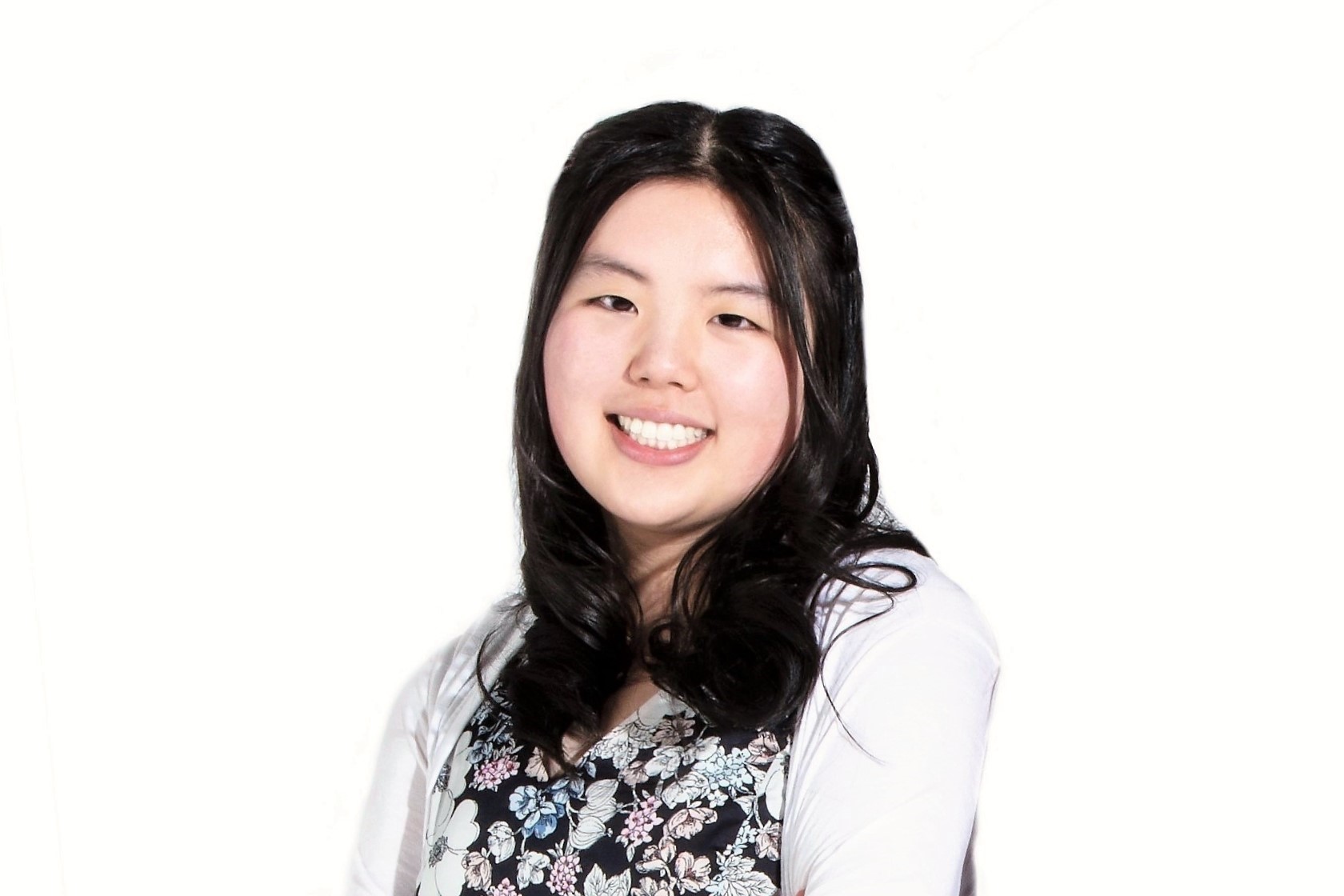
Michelle Xie (she/her) is a community organizer, artist, and sociology student at the University of British Columbia, who lives & learns on the stolen homelands of the Musqueam, Squamish, and Tsleil-Waututh peoples.
Her work weaves together climate and disability justice by nurturing communities of care, creating opportunities for liberatory art-making, and building upon the rich traditions of political education. As the Climate Resilience Lead at the UBC Climate Hub, she develops resources & programming to bolster collective capacities and solidarities around climate mitigation, adaptation, and wellbeing. Michelle is also a coordinator with Climate Justice UBC, facilitator at the Climate Justice Organizing HUB, and creator of the Water Damaged Paper Anthology — an independent, justice-centred publication that celebrates the work of young marginalized creatives. Through and beyond these roles, she is dedicated to cultivating spaces for personal and systemic transformation that are deeply grounded in relationality, resistance, and reciprocity.
Michelle has been involved with LET’S since 2020. She was a LET’S’ grant recipient for her Disability Anthologies. Michelle later helped LET’S improve our resource materials. Currently, Michelle is seeking funding, with LET’S, for a co-created Cripping Climate Conversations workshop.
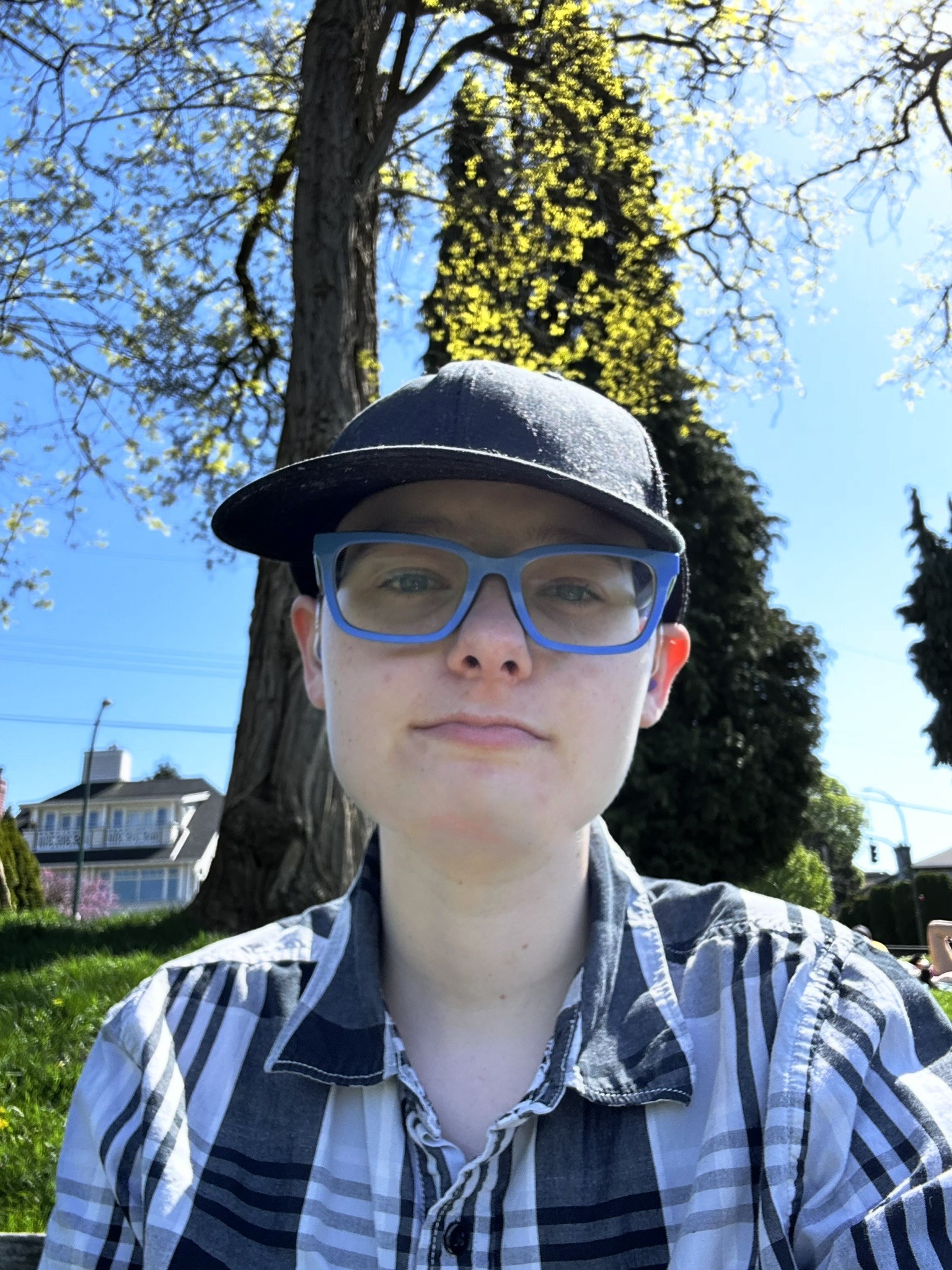
Casey Skinner (they/he), LET’S Workshop Creator, is queer, neurodivergent, and disabled. They were born hard-of-hearing and currently identify as deaf.
Casey was born and raised in the US, and currently resides in Vancouver after graduating with a Sociology degree from UBCO. They saw how little people knew about how to interact with those with hearing loss, and especially in the workplace and job-searching. They endeavour to make it easier for people with hearing loss to exist in public spaces and especially in the workplace.
Casey is passionate about disability advocacy, writing and researching, housing, transportation, and a sociological view of the world that we live in. They also currently serve on the Vancouver Persons with Disabilities Advisory Committee.
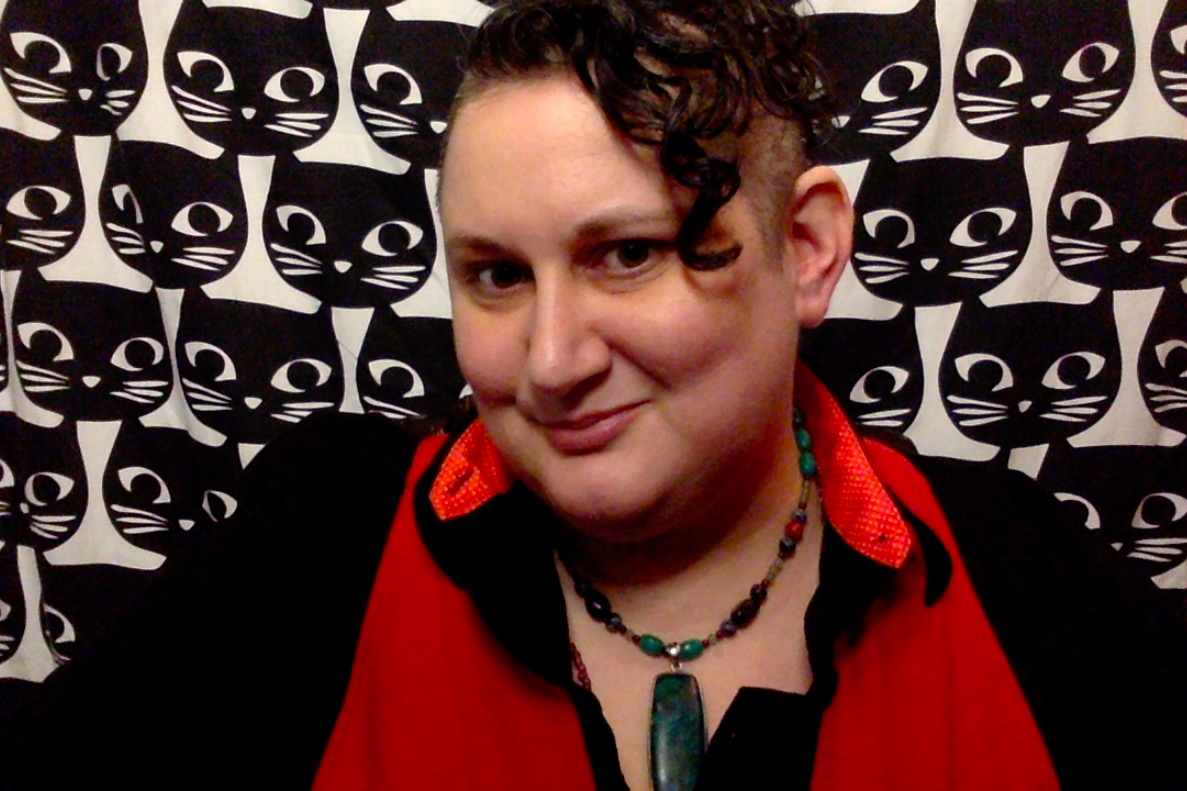
Founder of Love TransForms, Rev. Cat Webb (they/them), is a highly skilled multi-disciplinary facilitator.
Cat specializes in LGBTQ+ awareness, disabled positivity, trauma healing, and spiritual wellness. They are an outspoken member of their community, advocating for better treatment of trans disabled youth and end of life care. Cat has experience working with government officials, businesses, and schools to help address these long standing issues. Cat is engaged in public speaking for their communities having been in 30+ speaking engagements, facilitating spaces for individual and group healing as part of their business and community caretaking, and educates the public in neurodiversity and end-of-life care for members of the queer community.
Cat is a low sensory host with Live Educate Transform Society.
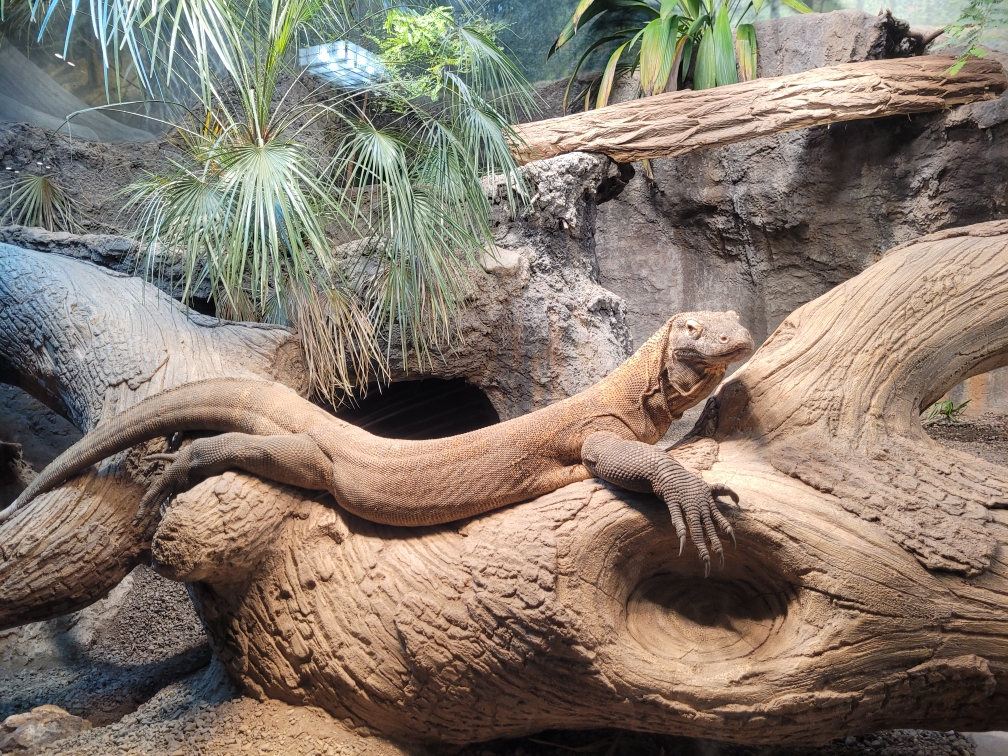
Rebekah Mahaffey (she, hers), board member, is a Social Policy Planner at the City of Burnaby and the Executive Director of the Civic Innovation Lab, a research partnership between the City of Burnaby and Simon Fraser University.
Rebekah grew up in Indonesia, Libya and England and has called the west coast home for almost 20 years. Rebekah has degrees in International Development, Art History and Urban Planning and is an Adjunct Professor with the SFU School of Resource and Environmental Management. In her work she focuses on accessibility and inclusion, food systems, and interculturalism. When not at work, she enjoys hiking, reading, and listening to podcasts. She lives in Vancouver with her young child.
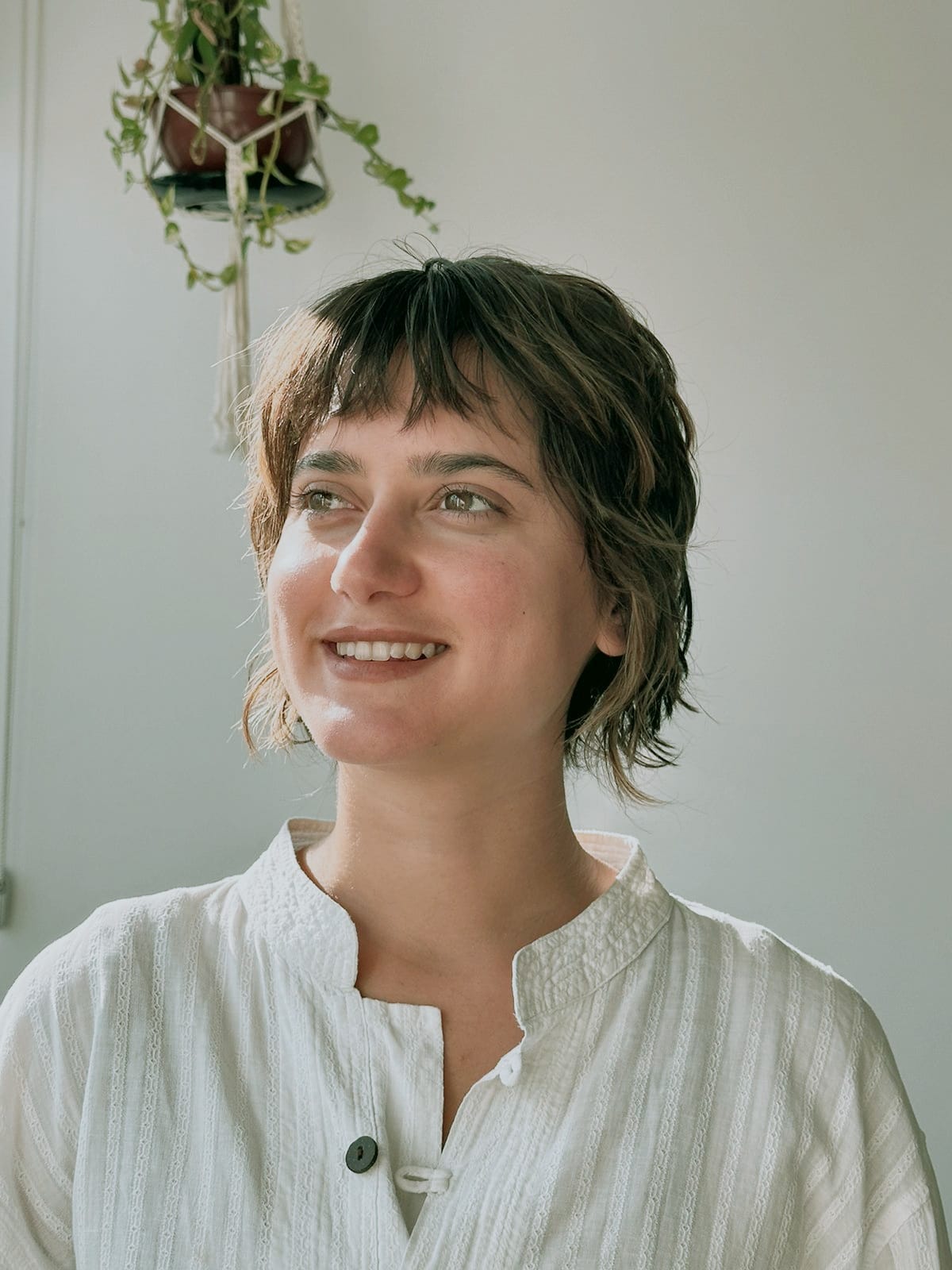
Azul (Carolina) Duque is a queer Colombian educator, composer, and interdisciplinary artist.
Her work integrates pedagogy, performance art, clowning, and death-doula practice to explore themes of care, transition, and the lessons embedded in endings. As a long-time member of the Gesturing Towards Decolonial Futures (GTDF) collective, she has developed artistic-pedagogical experiments aimed at addressing colonial habits of being while centering relational and ecological integrity. Currently, she coordinates the ‘Reactivating Exiled Capacities’ (REC) project, producing open educational resources that invite critical embodied engagement with decolonial thought. Her work is guided by a commitment to hospicing modern/colonial systems with care, integrity, and creative inquiry.
more at: azulcarolinaduque.live/work-with-me
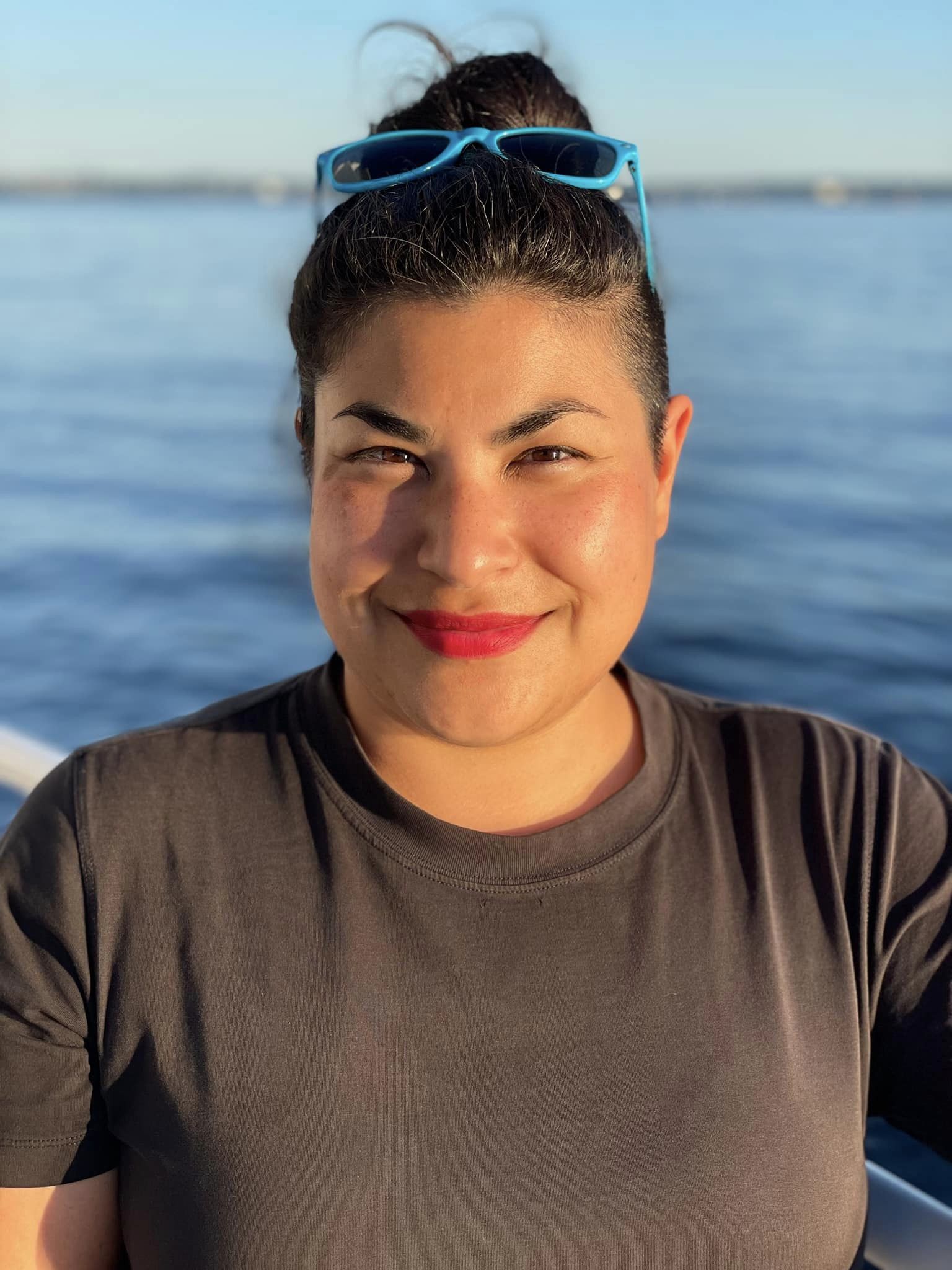
Carmel Tanaka (she/her) is a queer, neurodivergent, ‘Jewpanese’ (Jewish and Japanese Canadian) woman of colour.
She is a community engagement professional and consultant, who has founded a number of leadership initiatives:
- JQT (Jewish Queer Trans) Vancouver
- Jewpanese Project
- Cross Cultural Walking Tours
- Genocide Prevention BC
Learn more at www.carmeltanaka.ca
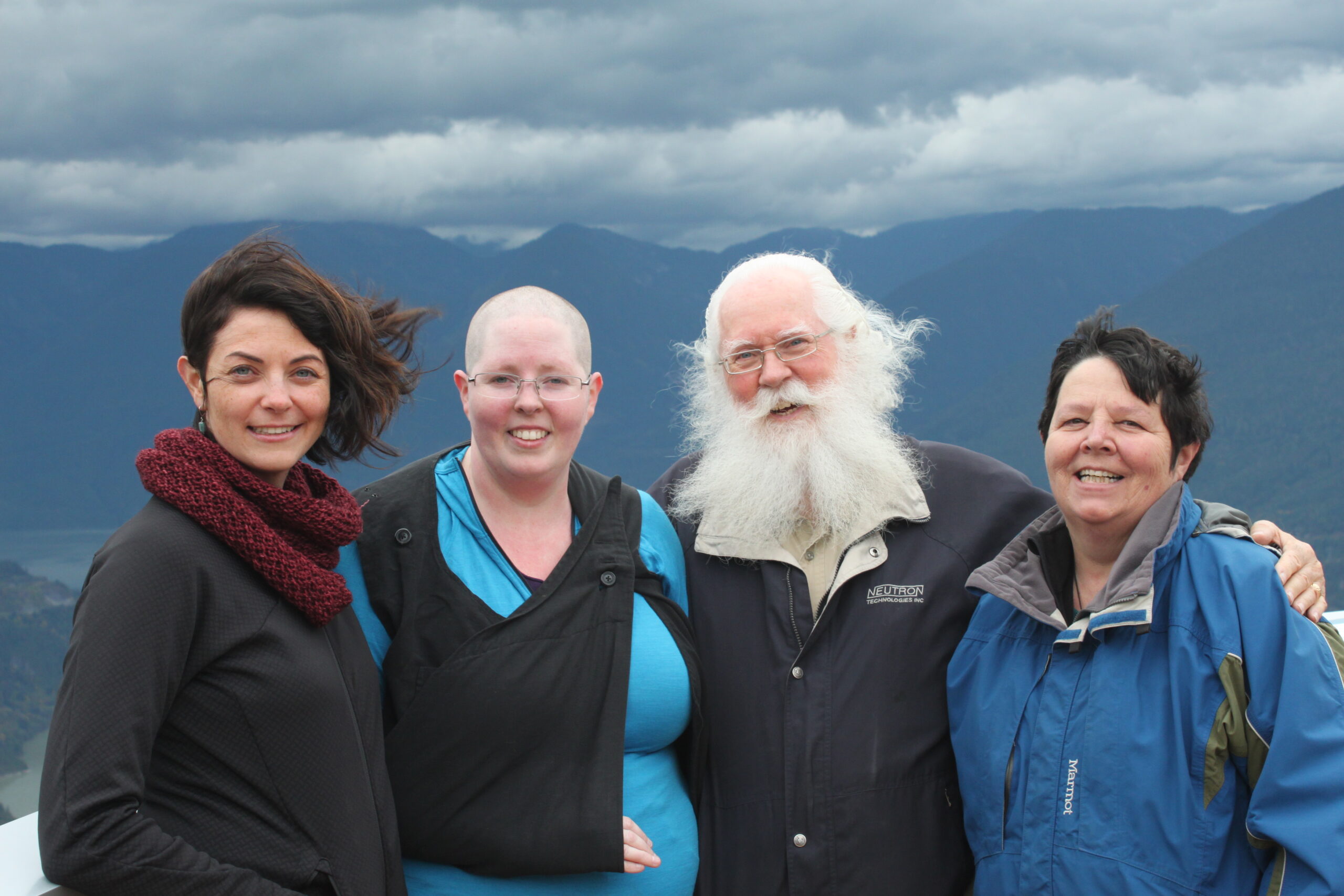
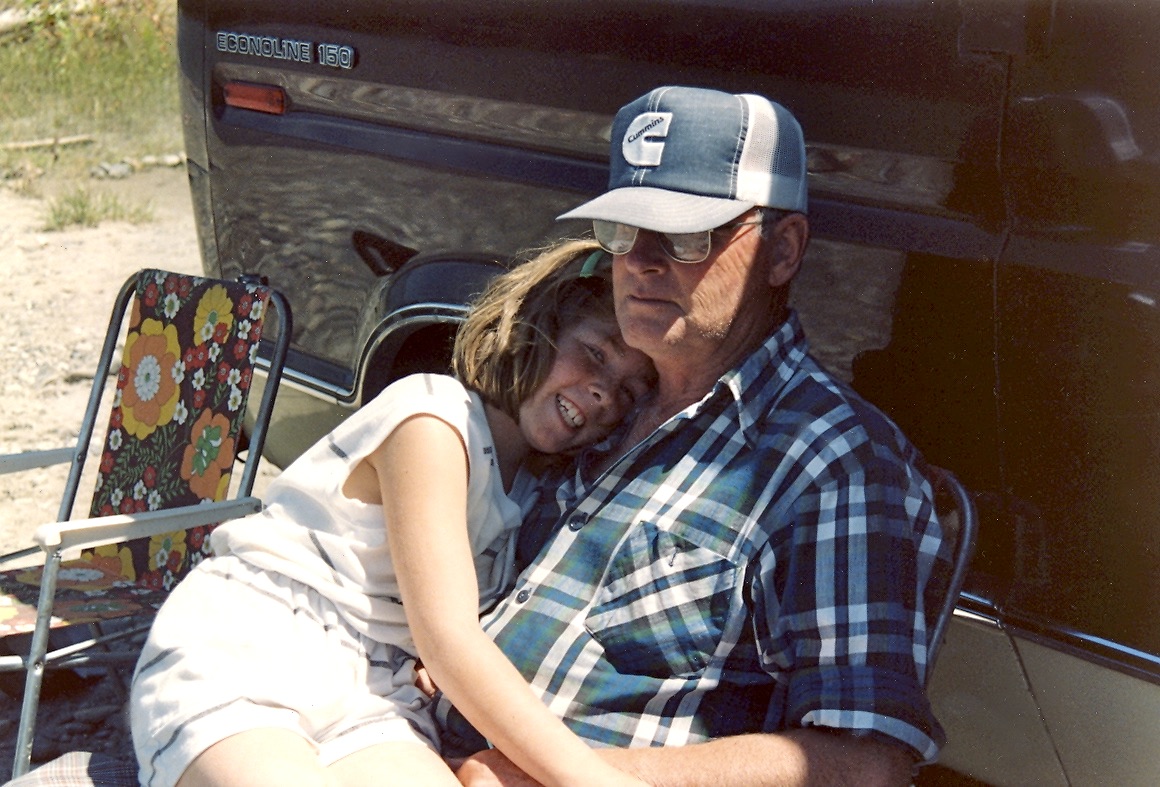
In Thanks: There would be no LET’S without the ongoing support of Heather’s core 4: their mum (Gail), dad (Michael), sister (Colleen), and grandpa aka “Grumps” (Harry).
The following is written by Heather:
I am eternally grateful for my family. They are, by far, the biggest advantage I have in life. They have supported me emotionally, mentally, and financially. They have also done a lot to take things off my plate, like errands and household tasks, so that I have the energy and ability to do my work.
I thank them for the roles they have played and continue to play in LET’S.
My mum, Gail
For the 1st 13 years of LET’S, when I couldn’t drive because of my disability, my mum drove me to all my meetings. Without her, LET’S would not be where it is. Her availability and assistance allowed me to say yes to opportunities. Even now, when I can drive, she gives me lifts to help me allocate my limited energy and reduce my pain. During those van rides, she is a great sounding board.
Her experience in attending meetings with me, combined with her recent lived expertise with disability and age-related health issues, has contributed to her becoming an advocate in her own right (such as being on Burnaby’s Accessibility Committee). In her personal life, she challenges people who use outdated language and treat certain populations differently and she speaks up for anybody who is being discriminated against. She is also wonderful at showing up when needed, whether for me, neighbours, and/or community members. I am incredibly proud of her.
Most of all, my mum has supported and loved me. She has understood who I am even when she/we didn’t have the language (neurodivergent, trans, non-binary, asexual). She let me be me. Whether that was my sitting in a closet for an hour after school because of sensory overwhelm or fighting customer service folks for me to access “boy” things like haircuts, toys, and clothing. She consistently seeks ways to demonstrate her support, including connecting with the people in my life and in my work through LET’S.
My dad, Michael
Unlike my mum, my dad has not always understood who I am and has had a steep learning curve for my identities such as being trans, non-binary. But, most importantly, he has showed up. If I need him, he’s there. That reliability is incredibly important. Whereas as mum felt comfortable among people of varying identities, my dad has had a slower progression. He has leaned into discomfort to place himself in situations with people of identities he’s not familiar with – and to use those opportunities to learn and grow. He does what he can to learn about my work (such as taking notes in his phone about acronyms/initials like BIPOC and 2SLGBTQIA+ so he can remember what they mean). I am proud of the work he has put in to get to a place where he actively encourages and supports people of varying identities.
In the past year, with the launch of our low sensory space, he has been a low sensory space host. His being a professional Santa immediately puts people at ease. His friendly and calm demeanor assists in making the low sensory spaces welcoming. He’s wonderful talking with parents about raising neurodivergent kids. He gently pushes against bias and expands perspective. He has also worked to learn more about his own neurodivergence and how it has affected his life and continues to affect his communication and relationships. He recently spoke up at a workshop about learning about having ADHD as a 78-year-old and it was incredibly moving.
I also appreciate that he has taken what he has learned through LET’S and applied it to his Santa work, becoming a well-known Santa for his accessibility, consent-based approach, and equity.
My sister, Colleen
My sister was an enthusiastic and vocal supporter. Early on, only a few years into CAN/LET’S’, she declared that we would change our name to Canadians for Accessible Neighbourhoods. She predicted a future in which we would be a national organization. Sadly, she did not live to see us achieve that goal. However, her support, care, and encouragement helped get us here. Her affirmation of me and LET’s is so strong that I continue to feel her cheering me/us on.
Colleen’s knowledge and experience as an energetic and passionate Occupational Therapist deepened my understanding of disability, mental health issues, and systemic barriers. Colleen’s boundless energy and enthusiasm led to co-workers and fellow OTs giving her the nickname of “Super OT”. Her energy encouraged many to dig deeper, push up against barriers and discriminatory policies, fight for rights to be upheld, center autonomy, and collaboratively find ways forward. Although Colleen has passed away, her influence, energy, and support are still keenly felt.
My grandpa/”Grumps”, Harry
My grandpa was/is a major influence in my life. He wasn’t the best communicator, and certainly didn’t speak the words of love often, but he demonstrated and made his support, pride, encouragement, and love felt through actions. An example is that he read every one of my columns for 5 years. He’d phone me and say he read it and enjoyed it. He’d usually hang up soon after. He wasn’t verbose but he let me know that he was actively involving himself in my life and work.
I owe my grandpa a debt of gratitude because he recognized when I was at my lowest, in a dangerous mental health situation, as a teen, and took action to remove me from the situation and people. This changed the trajectory of my life, for the better, widening my perspective and prompting me to address my mental health issues.
My grandpa showed up in this way for many people. He didn’t need to be asked, he just showed up and acted in support. He leveraged relationships to give people second chances, me included. He very much believed that we have a responsibility to serve, whether it be community, family, and/or friends. At his funeral, I heard stories that he had never spoken about. He did not serve and help others for praise but because he could, and help was needed.
Grandpa had a very abrupt, stubborn, and gruff exterior. It covered his beautiful, caring heart. I am here because he was there for me. I do this work because he modelled for me how we can make a positive impact by showing up, contributing, where able, and utilizing our networks to connect community and empower one another.
The support my family has, and continues to, provide me, is immeasurable. It has enabled me both personally and organizationally.
Thank you, thank you, thank you!
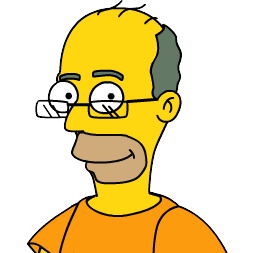
In Thanks: LET’S is the organization it is today because of the support of Doug Cook. In the organization’s infancy, Doug created a website for CAN/LET’S, expanding our reach and clientele. The website elevated the organization and connected us with community, partner organizations, and clients. Doug’s guidance and support was instrumental to the organization’s development.
Doug started his business DigiCom WebDesign in 2000. He received his Certificate in Internet Publishing from UBC in 2001 (the second year it was offered by the University).
Doug met Heather in 2005 through Power Soccer where his son Trevor was participating. Impressed by the effort and good work Heather was doing, Doug offered to create a website for CAN/LET’S to help get the word out about this important work.
Doug is now semi-retired and proud to have had a small part in the organization’s success.
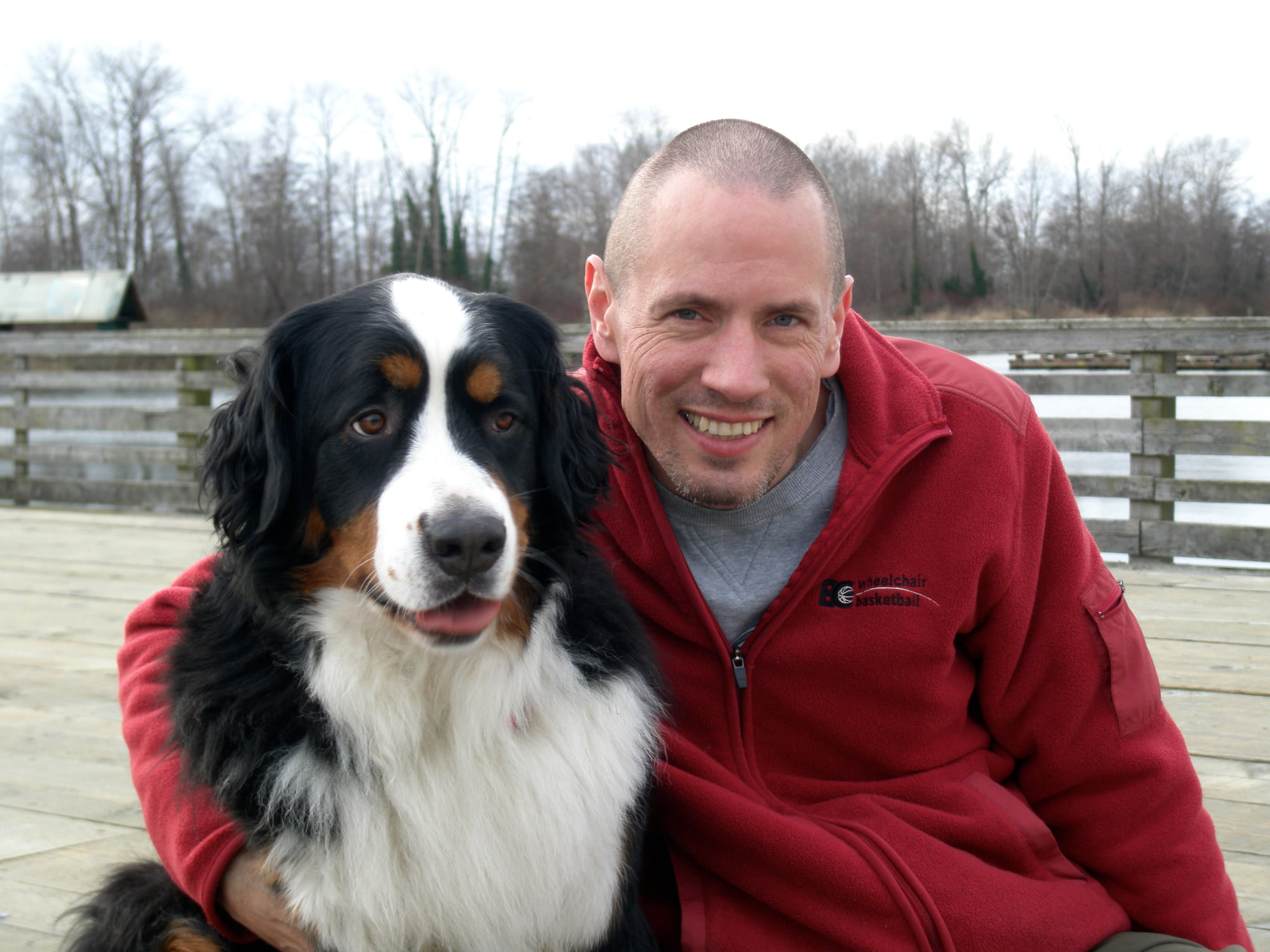
In Memory and Thanks: LET’S is grateful to Mike Prescott (he/him) for his humour, incredible wealth of knowledge, and the passion and commitment he brought to accessibility work and research. LET’S has benefited from his proficiency, curiosity, and dedication.
In 2009, 4 years into CAN/LET’S, Heather met Mike at 2010 Legacies Now. Mike was Heather’s supervisor for an accessibility auditing project for the Vancouver 2010 Olympic and Paralympic Games. Heather and Mike instantly connected and geeked out on accessibility information, movie trivia, and a shared warped sense of humour. In the past 15 years, Heather and Mike have worked together on a number of projects. Mike’s amazing mind has been an incredible source of learning for Heather.
Mike Prescott was a person with a disability who had extensive experience developing and leading accessibility strategies across Canada. He has helped local and provincial governments, healthcare authorities, educational institutions, tourism associations, and sports and recreation organizations embed accessibility and inclusion into their DNA. He leveraged a strong academic background that included an MBA, MA (Urban Planning), PhD (Rehabilitation Sciences), and post-doctoral research in geomatics and gerontology to inform his practice. He took a systems approach to his work and emphasized meaningful engagement to get sustainable results.
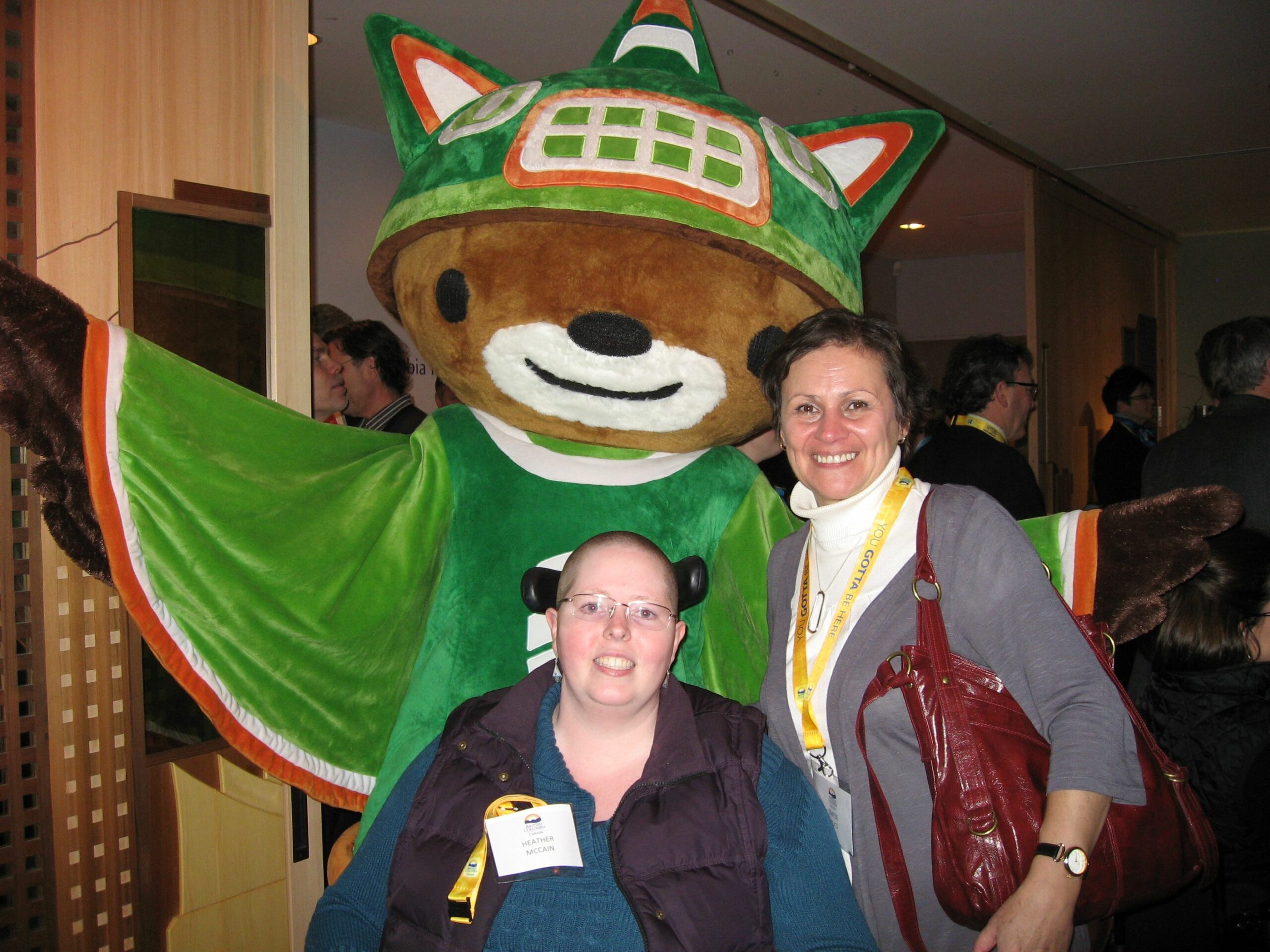
In Memory and Thanks: Advocate Emese Szucs (she/her) was an important mentor to Heather in the early years of Live Educate Transform Society (then known as Citizens for Accessible Neighbourhoods).
Emese was the the manager of accessibility programs of SPARC BC. Heather and Emese met when Heather presented to the Maple Ridge city council. Emese reached out and asked if Heather was interested in other speaking opportunities.
For the next decade, Emese would be a supporter and friend to our organization. Emese was a fierce advocate who worked tirelessly to improve the life of disabled folk and increase awareness of accessibility issues.
Heather and Emese were members of the first Users Advisory Committe at TransLink.
In 2010, Emese nominated Heather for the City of Vancouver’s 2010 Access and Inclusion Award Also in 2010, Heather was chosen as a paralympic torch bearer. Emese and Heather attended several Paralympic events together.
Even after retiring, Emese was available for guidance and support. Heather and Emese regularly met and had conversations that lasted for hours.
Emese’s influence and support remains an important component of LET’S’ success and history.
